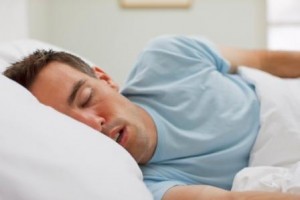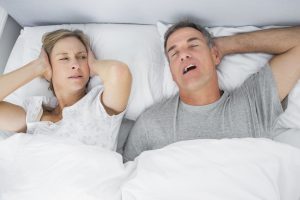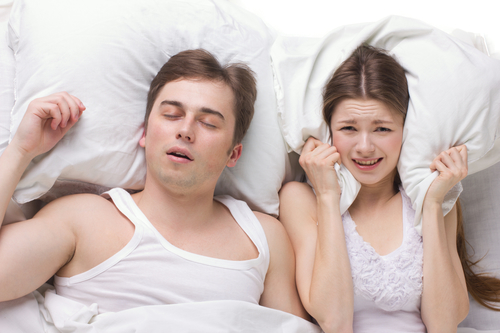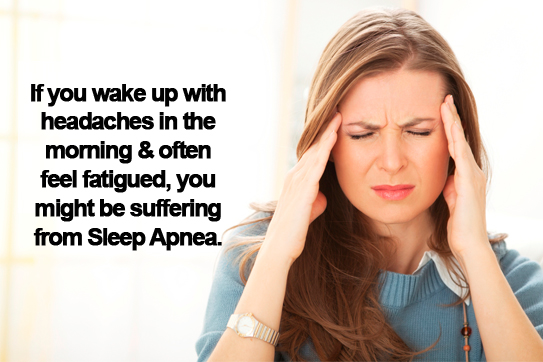Do you have trouble with snoring and sleeping at night? Snoring and sleep disturbances are often signs of obstructive sleep apnea. If you are concerned with this and want to know more, here is a list of 10 symptoms that may help you take the next step in treating sleep apnea.

Symptoms of Sleep Apnea
-
Excessive Snoring
Snoring does not always have to be linked with sleep apnea. However it is a very typical indicator. If you are experiencing snoring along with fatigue or any other symptoms discussed here, sleep apnea is likely the cause.
-
Sleep Disturbances or Insomnia
Constant dreaming or waking up often or even experiencing insomnia (inability to sleep) is not common and often has an underlying cause. It is one of the most common signs of this disorder.
-
Excessive Daytime Sleepiness
A poor night’s sleep can cause daytime drowsiness and many people experience it. But being excessively sleepy during the daytime is not as common and can be a symptom of different types of sleep apnea.
-
Sleep Deprivation
Insomnia can lead to sleep deprivation and that can lead to unfocused and unproductive days. When this occurs a person is truly unable to feel like his or herself.
-
Episodes of No Breathing
This is the most telling sign and the main characteristic of sleep apnea. Sometimes when an individual experiences this they asa partner or friend to monitor their sleep during the night to see if this is happening. Sleep studies are used to diagnose this.
-
Mouth Breathing
The stress that sleep apnea produces will cause breathing through your open mouth during the night. It often become habitual because it is the brain’s attempt to gain as much oxygen as possible. This can happen sometimes during the day as well without even knowing it.
-
Dry Mouth and Throat
Dry mouth and throat issues are also common with this disorder. Shortness of breath leads to mouth breathing which produces dryness in the mouth and throat area. This is extremely common.
-
Fatigue
Many people experience fatigue but when combined with any of these other symptoms sleep apnea might be the diagnosis. Even those that have sleep apnea may report they had a good night’s sleep will still experience fatigue during the day. You may be experiencing brief interruptions of breathlessness in the night that you won’t even notice. This interrupts your sleep and can cause fatigue.
-
Headache
Restless sleep can cause headaches during the day and is yet another indicator of this sleeping disorder. When the breathing is interrupted frequently during the night the brain is unable to receive as much oxygen.
-
Irritability
Irritability is like a second generation symptom. Fatigue, lack of sleep, stress can all cause irritability in an individual. Alone, irritability is not necessarily an indicator but if you are experiencing this with any other symptoms then it can be cause for concern.
Why Treat Sleep Apnea?
Sleep apnea can potentially be very dangerous. So many of these symptoms if left undiagnosed and untreated will just get worse and could lead to an emergency situation causing even more stress and discomfort. It is important that if you are experiencing one or more of these symptoms that you contact us today in helping you to get started on the right treatment. Sherman Oaks Dental, your Naperville family dentist can help you in diagnosing your sleep apnea and help you to have a better nights sleep and a healthier life. Here we specialize in the diagnosis and treatment of sleep apnea. Why would you trust your health to someone other than a specialist? Let us be your sleep apnea treatment in Naperville. We will help you to get a good night’s sleep again!









